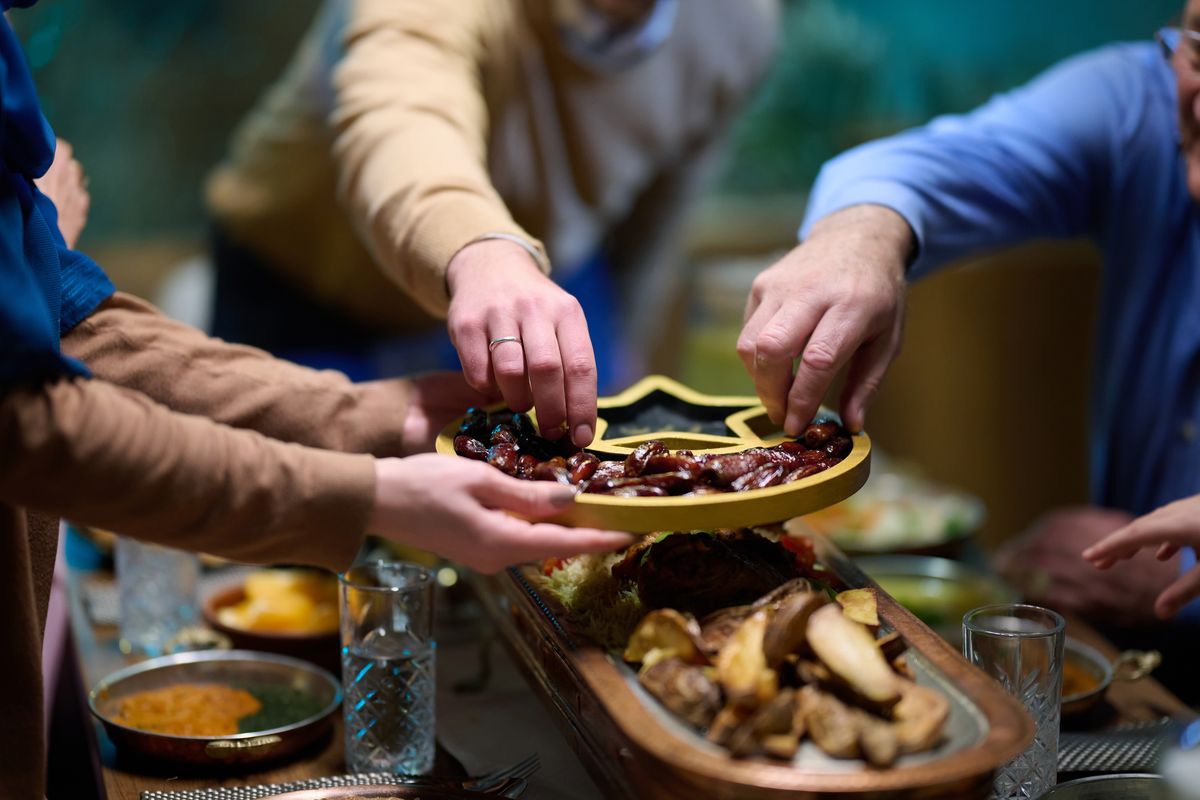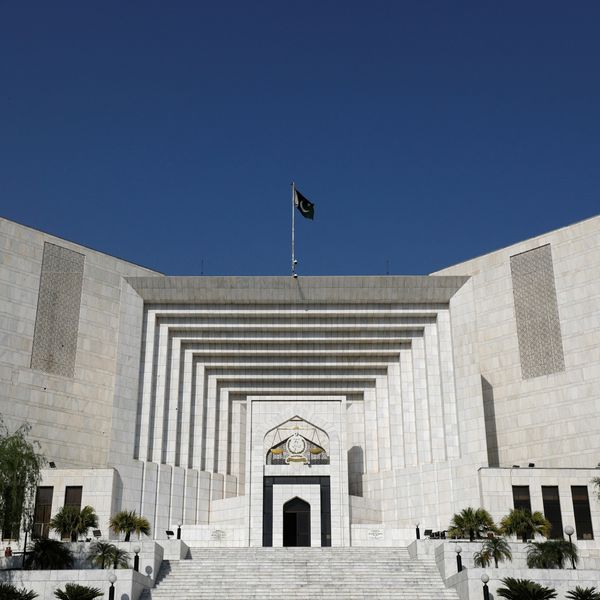The new expat’s guide to Ramadan in Dubai
Embrace the serene transformation of the city during the Holy Month.
Dubai Desk
The Dubai Desk reports on major developments across the UAE, covering news, culture, business, and social trends shaping the region.

Ramadan offers new expats a chance to experience the cultural richness of the UAE and engage with the local community in a unique way.
Envato
Ramadan, expected to begin around February 27, brings a unique and tranquil atmosphere to Dubai.
This Holy Month, observed by Muslims worldwide, is marked by fasting from dawn to sunset and begins with the sighting of the crescent moon, signaling the start of the ninth month in the Islamic calendar. Ramadan typically lasts 29–30 days and concludes with the next crescent moon, ushering in the festive celebration of Eid Al Fitr.
What to expect
- A slower pace during the day: During fasting hours, you’ll notice the city adopt a quieter and more reflective pace. While many restaurants remain open, it’s considered respectful to avoid eating or drinking in public spaces.
- Shortened business hours: Government offices, banks, and businesses adjust their schedules, often closing a few hours earlier than usual. Plan your errands in advance to account for these changes.
- The spirit of charity: One of the core values of Ramadan is giving. Across Dubai, you’ll find numerous charity initiatives, from food donation drives to community outreach programs. Participating in these efforts is a meaningful way to engage with local traditions and support those in need.
- Iftar gatherings: At sunset, the fast is broken with iftar, a meal shared with family and friends. Receiving an invitation to iftar is an opportunity to experience the warmth of Emirati hospitality. Many restaurants offer special iftar buffets featuring traditional dishes and festive decor, providing a wonderful way to immerse yourself in the culture.
Etiquette tips
- Respect fasting hours: Even if you are not fasting, refrain from eating, drinking, or chewing gum in public during the day. This helps maintain the respect for those observing the fast.
- Dress modestly: During Ramadan, modest attire is particularly important. Choose loose-fitting clothing that covers your shoulders and knees, especially when visiting public places such as malls, offices, or markets.
- Be mindful of the atmosphere: Ramadan is a time of reflection and spirituality. Avoid loud music, inappropriate language, and public displays of affection. The city’s mood is calm and subdued, so adapting to the ambiance is appreciated.
- Bring a thoughtful gift to Iftar: If invited to an iftar, it’s customary to bring a small gift for your host. Dates, Arabic sweets, or a bouquet of flowers are thoughtful options that reflect the spirit of the occasion.
- Be considerate at work:For colleagues observing Ramadan, be mindful of their altered schedules and energy levels. Avoid eating or drinking in their presence, and be flexible with meeting times or deadlines when possible.
By embracing these customs and understanding the significance of Ramadan, you can experience this sacred month with respect and appreciation. Beyond the cultural richness it offers, Ramadan is a time to reflect on values such as community, compassion, and personal growth.







Comments
See what people are discussing